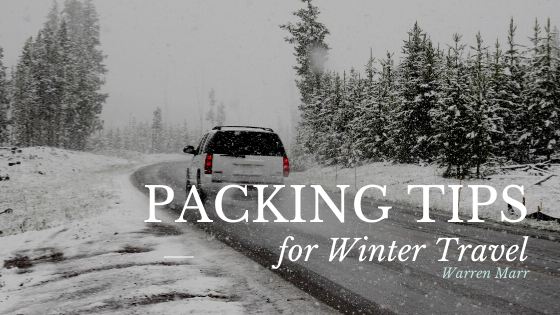Given the season’s frigid temperatures and increased need of basic necessities, packing for a trip in the winter can be difficult. Heavy jackets, pants, snow boots, hats, scarves, and more can make for an extremely tight suitcase and cause quite a bit of unorganization. However, there are a number of suggestions you can follow to ease the burden of overpacking and allow yourself to relax during your winter vacation.
- The Luggage
Take into consideration the common types of weather during the colder months. Snow, sleet, and freezing rain can do a considerable amount of damage to your luggage, and potentially the items inside. For this reason, travelers are strongly encouraged to invest in a hard-case bag that not only protect your things from the outside elements, but also allow for more space.
2. Check Airline Luggage Policies
Many winter vacations involve skiing or snowboarding, and therefore even more items to take with you on the plane. Fortunately, many airlines consider ski and boot bags as one item. Take advantage of this additional space by packing your remaining winter sports gear in your luggage and avoiding having to check multiple bags.
3. Don’t Wrap Gifts Beforehand
If you are traveling for the holidays, always wait to wrap presents until after you’ve landed and unpacked. There is a strong possibility that something as delicate as a wrapped Christmas gift will be a little bit damaged during the loading process. Save yourself the trouble of having to wrap presents twice.
4. Utilize Plastic Storage Bags
Again taking into account the many elements that come with winter, make sure to pack plastic storage bags for any clothing items that you anticipate getting wet. This prevents other clothes from getting wet as well unpleasant smells emitted by damp clothing. Plastic storage bags are also great for keeping toiletries safe and organized, as well.
5. Safely Pack Cars
If you are traveling by road, packing smart can still be a necessity. While you have more freedom in terms of what you can pack, you should not risk your safety by packing too many unnecessary items. For example, the rear window should never be blinded, nor should any other line of sight. Consider weight distribution, as well. Heavier items should be stored towards the front bottom of the car.
